There is no second thought that acne skincare is different from normal skincare. Adapting your acne skincare routine for the winter months is essential to maintain clear skin while addressing…
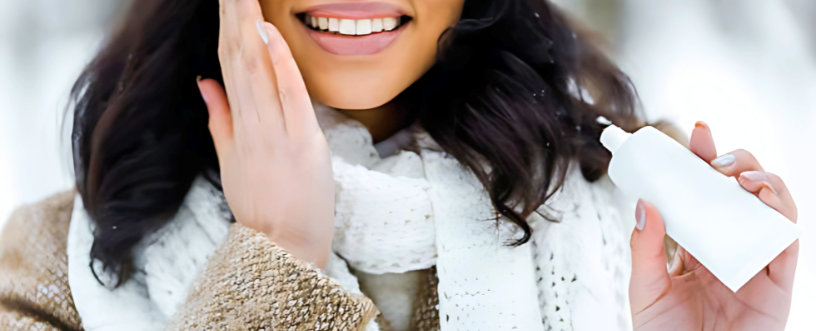

There is no second thought that acne skincare is different from normal skincare. Adapting your acne skincare routine for the winter months is essential to maintain clear skin while addressing…
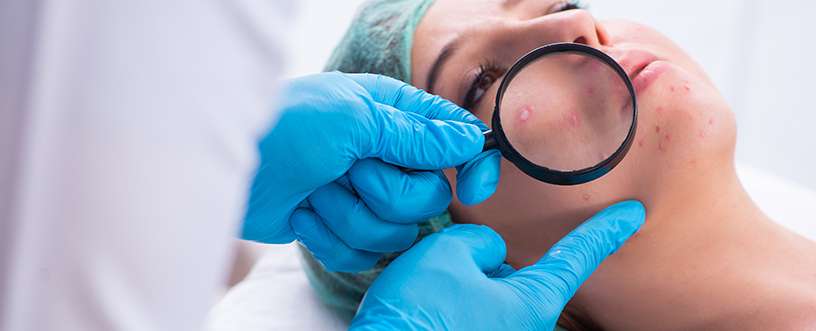
Is acne a serious skin problem that requires medical attention? Well, it largely depends on the severity level of the individual case. Not every person looking to get rid of…
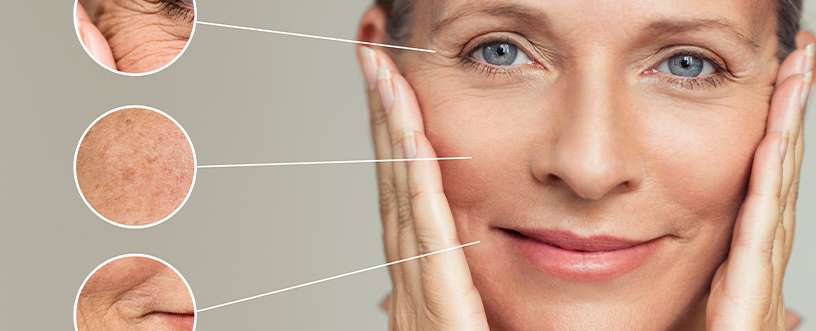
Research has demonstrated that Treticon Forte cream 0.05% effectively treats photoaging. Tretinoin, the medicine’s active component, is a metabolite of retinoids that shows prominent effectiveness in regulating skin cell turnover and inducing…
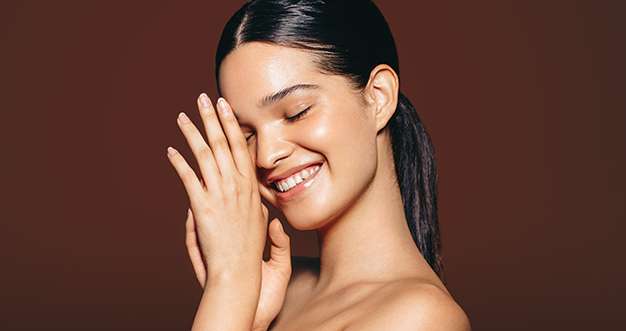
Retinol is the go-to ingredient for dermatologists and skin enthusiasts, but it often leaves newbies puzzled. First, it is important to know retinol refers to retinoids. This is derived from…
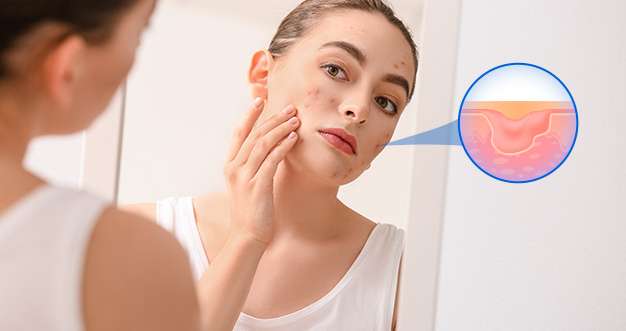
Acne is a chronic skin issue that, depending on its course, is characterized by various skin eruptions such as open and closed comedones, papules, pustules, and cysts. During the disease,…
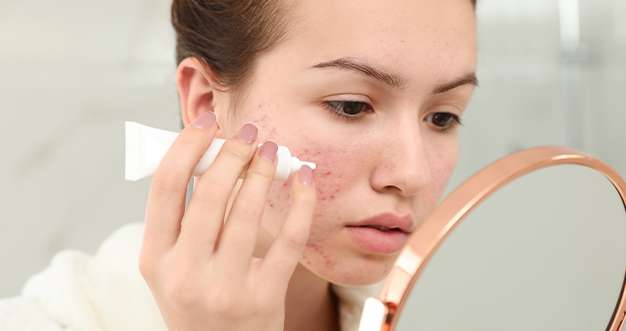
Almost all teens get acne at one time or another. Whether teenage acne is mild or severe, there are things you can do to treat them. Read on to find out how…
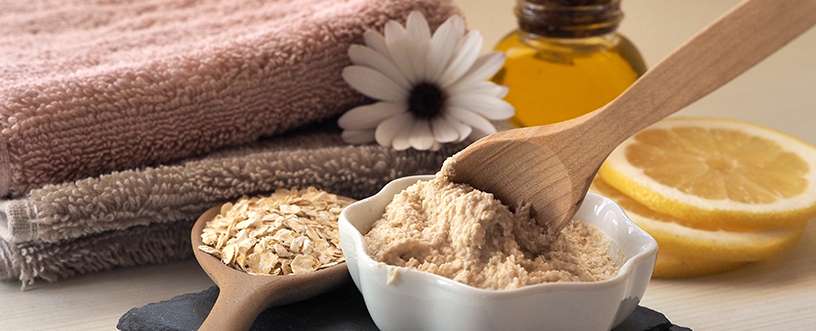
Treatment of acne with topical and oral allopathic medicines results in mild to severe adverse effects. Hence, powerful herbs and natural preparations play a key role as alternative lines of…
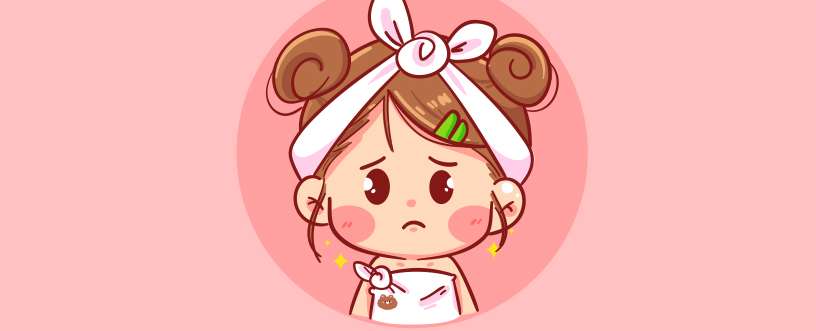
A teenager can try various methods to heal acne and prevent future breakouts. A lot of boys and girls experience acne as they go through puberty. For some, it appears…
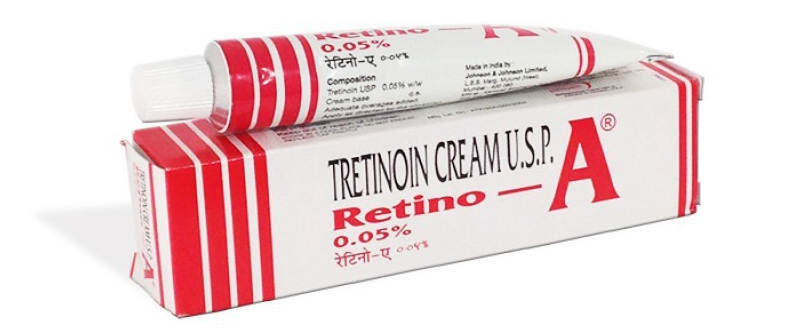
Affordable, effective, and easy to use, Tretinoin 0.1% is a popular skin care product for treating and preventing acne. It speeds up skin cell turnover and reduces the signs of…
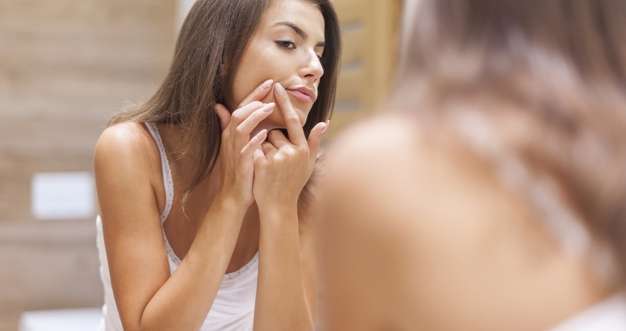
To treat pimples or acne, try tretinoin 0.05 along with natural remedies to treat acne, you will get flawless and glowing skin within just a few days. It is a very…